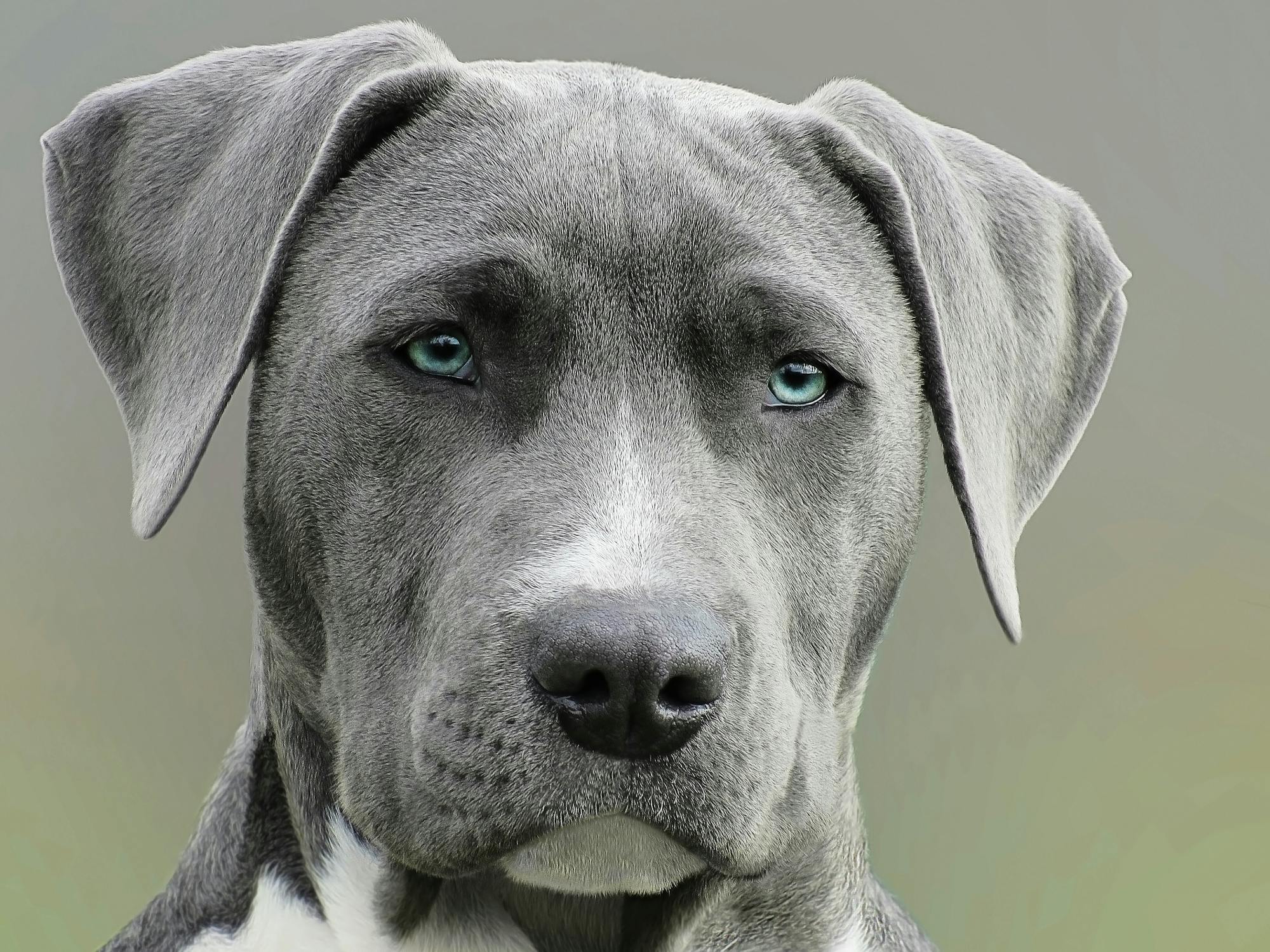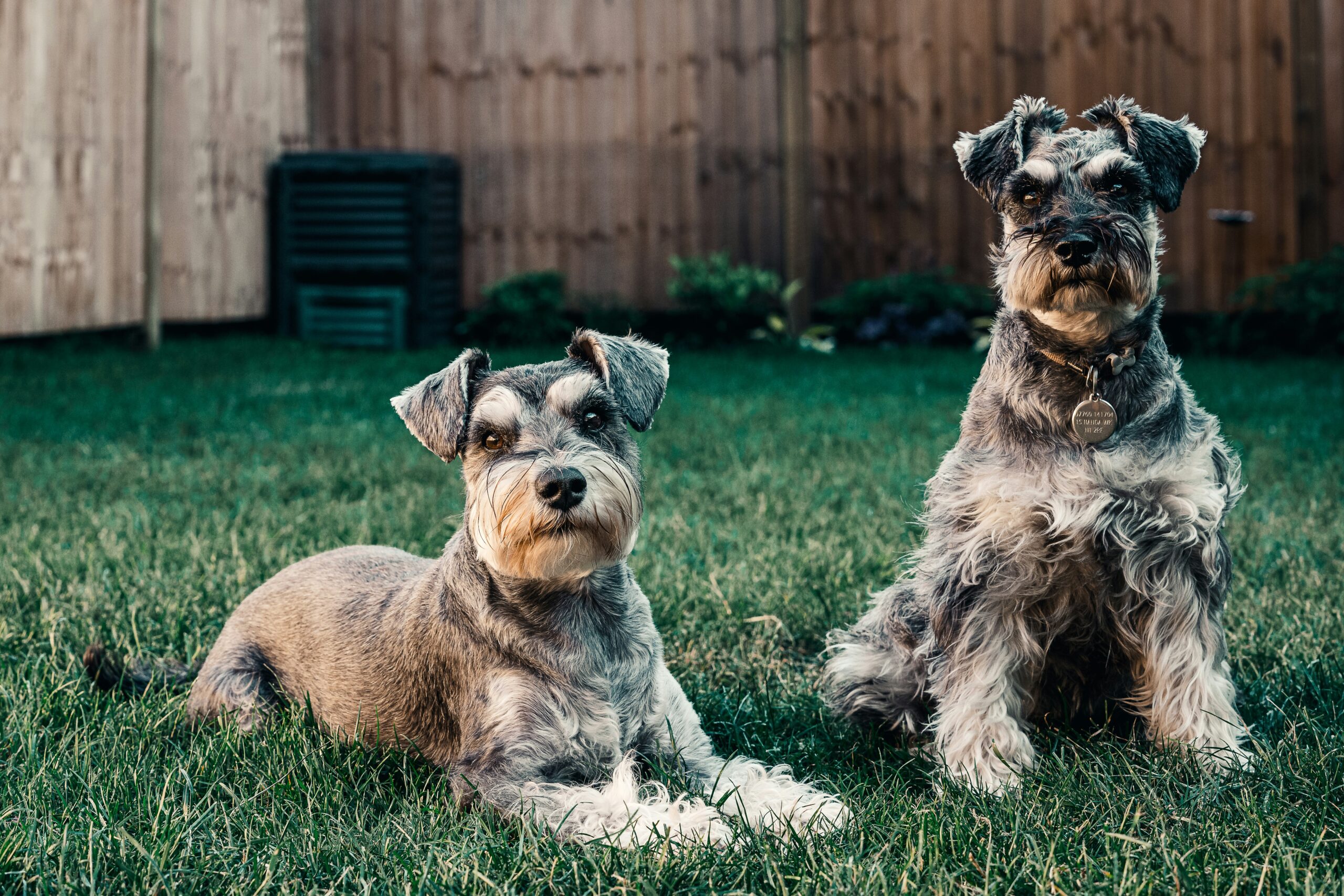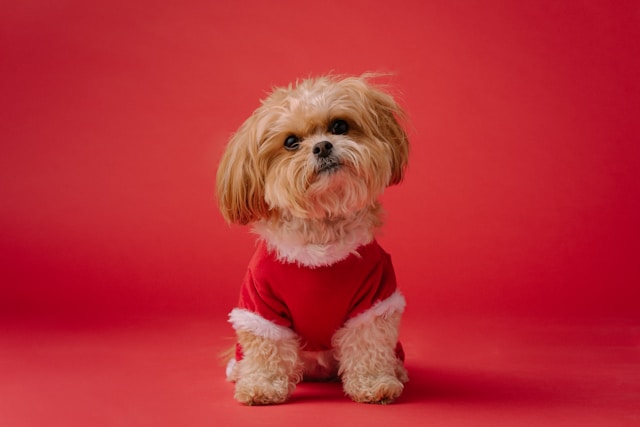Holiday Pet Safety Tips: How to Keep Your Pets Safe and Happy During the Festive Season

1. Managing Holiday Decorations
Safe Decoration Choices
- Pet-Friendly Decor: Choose decorations that are safe for pets. Avoid items with small parts that could be chewed off and swallowed, and steer clear of decorations with sharp edges.
- Secure Placement: Place decorations out of reach of curious pets. High shelves and secured mounts can prevent pets from knocking over or ingesting decorative items.
Avoiding Hazards
- Tinsel and Ribbons: These can be particularly tempting for pets and may cause gastrointestinal blockages if ingested. Opt for pet-safe alternatives if you use tinsel or ribbons in your decor.
- Candles and Lights: Use flameless, battery-operated candles instead of real ones to avoid fire hazards. Ensure that any electrical cords are out of reach or protected by cord covers.
2. Managing Holiday Foods
Avoiding Toxic Foods
- No Table Scraps: Keep holiday foods out of reach of pets. Many festive foods are harmful to animals, including:
- Chocolate: Toxic to dogs and cats, causing symptoms like vomiting, diarrhea, and seizures.
- Alcohol: Even small amounts can cause severe health issues in pets, including vomiting, diarrhea, and respiratory problems.
- Bones and Fatty Foods: Cooked bones can splinter and cause choking or gastrointestinal issues, while fatty foods can lead to pancreatitis.
Pet-Safe Treats
- Special Treats: Provide pet-safe treats specifically designed for dogs and cats. These are formulated to be safe and enjoyable for your pets.
- Healthy Alternatives: Consider offering plain, cooked vegetables like carrots or green beans as healthy, safe treats.
3. Managing Holiday Stress
Recognizing Stress Symptoms
- Behavioral Changes: Watch for signs of stress in your pets, such as excessive barking, hiding, or changes in eating and sleeping patterns. The hustle and bustle of the holidays can be overwhelming.
- Safe Space: Create a quiet, comfortable area where your pet can retreat if they feel stressed. Provide their favorite bed, toys, and some calming music.
Calming Products
- Calming Aids: Use calming products like pheromone diffusers, calming treats, or anxiety wraps to help manage your pet’s stress.
- Routine: Maintain your pet’s regular routine as much as possible to provide a sense of stability amidst the holiday changes.
4. Managing Holiday Guests
Preparing for Visitors
- Safe Environment: Ensure your pet has a safe space away from the excitement of holiday gatherings. This helps reduce anxiety and prevents them from feeling overwhelmed.
- Supervised Interactions: Supervise interactions between your pet and guests. Educate guests on how to approach and handle your pets, and remind them to respect your pet’s space.
Preventing Escapes
- Secure Doors and Gates: During gatherings, ensure doors and gates are securely closed to prevent pets from escaping. Consider using baby gates or barriers to keep pets contained in designated areas.
5. Managing Outdoor Activities
Weather Considerations
- Temperature Awareness: Be mindful of weather conditions if your pet will be outside. Ensure they have access to shelter, water, and appropriate protection from the elements.
- Exercise and Play: Maintain regular exercise routines for your pet, adjusting for the holiday schedule. Ensure they get enough physical activity to stay healthy and happy.
Holiday Travel
- Safe Travel: If traveling with your pet, ensure their safety by using a secure crate or seatbelt harness. Pack a travel bag with essentials like food, water, and medications.
- New Environments: Help your pet adjust to new environments by providing familiar items and maintaining their regular routine as much as possible.
6. Holiday Hazards for Different Pets
Dogs
- Supervision: Keep a close eye on your dog during holiday gatherings. Ensure they are not exposed to harmful foods, decorations, or stressful situations.
- Socialization: If your dog is not used to large groups or new people, introduce them gradually and provide a safe space where they can retreat if needed.
Cats
- Indoor Safety: Keep indoor cats inside during holiday festivities to prevent them from becoming stressed or escaping. Provide hiding spots and ensure they have a comfortable area to relax.
- Curiosity Control: Cats are often attracted to shiny decorations and small objects. Ensure that your holiday decorations are out of their reach to prevent accidental ingestion or injury.
Small Pets and Exotic Animals
- Secure Habitats: Ensure small pets like hamsters, guinea pigs, and reptiles have secure and comfortable enclosures. Protect their habitats from holiday disruptions and keep their environments stable.
- Temperature and Light: Maintain appropriate temperature and lighting for exotic pets, ensuring they are not affected by holiday changes.
7. Preparing for Emergencies
Emergency Kit
- Essential Supplies: Prepare a pet first aid kit with essentials like bandages, antiseptic, and any medications your pet may need. This ensures you are prepared for minor injuries or health issues.
- Emergency Contacts: Have a list of emergency contacts, including your veterinarian and the nearest emergency animal clinic, readily available.
Emergency Plan
- Quick Access: Ensure you can quickly locate your pet in case of an emergency. Keep their carrier or leash easily accessible and have a plan for transporting them if needed.
8. Holiday-Specific Safety Tips
New Year’s Eve
- Noise and Fireworks: New Year’s Eve can be particularly stressful for pets due to fireworks and loud noises. Keep your pets indoors and provide a safe, quiet space where they can feel secure.
- Party Hazards: Be mindful of party decorations and noisemakers that could pose hazards to your pet. Ensure that any party supplies are out of reach.
Christmas and Hanukkah
- Christmas Trees: Secure Christmas trees to prevent them from tipping over and causing injury. Avoid using tinsel or ornaments that could be ingested.
- Menorahs and Lights: Keep menorahs and lights out of reach to avoid fire hazards and prevent pets from getting tangled in cords.




